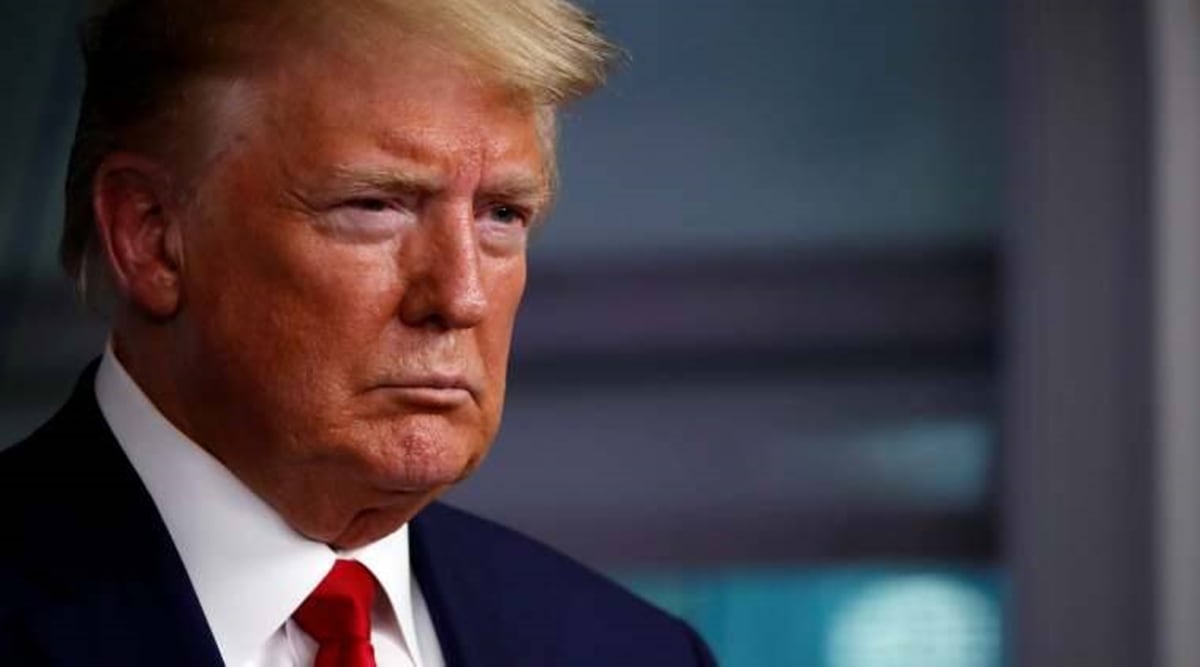Approximately fifty-seven million people inside the US do some painting in the gig economic system. Some power automobiles for Uber and Lyft, supply groceries for Instacart and Doordash, walk dogs for Wag and Rover, clean homes via Task Rabbit and Handy, and control rental residences on Airbnb. The marketplace has grown fast over the past few years, bringing in as much as $864 billion annually, consistent with some estimates.
And with it, there have been several communications about the rights of those employees. They’ve been combating for a truthful remedy for a while now; they’re contractors, so they don’t get advantages like coverage, employee’s comp, or paid holiday. Sociologists, hard work professionals, and economists have all weighed in on the issue, largely agreeing that gig workers deserve the same fair treatment as everyday employees.
On April 29, the US Labor Department offered its interpretation of the problem. After an attorney working for an unnamed cleansing agency reached out to clarify how gig workers should be classified, the branch spoke back in a letter on account posted online. In the letter, the Labor Department stated it classifies gig people as contractors, now not personnel:
“Based on the facts you offer in your letter, it appears that the provider providers who use your client’s virtual marketplace are independent contractors. Your consumer affords a referral provider. As such, it no longer acquires offerings from provider companies but empowers providers to provide services to end-market purchasers.” The letter may want to have massive implications for the destiny of the gig financial system. It exempts gig people from the Fair Labor Standards Act, a law in 1938 that guarantees extra time pay and a minimal salary to many who work over forty hours.

It’s triggered plenty of war of words. On Monday, the National Employment Law Project tweeted that the letter allows gig financial system organizations to “underpay and overwork” this class of workers. So, what’s the branch’s good judgment? It reasoned that because the unnamed cleaning employer doesn’t pay for expert certification or licensing or let employees fee merchandise, they ought to, in reality, be visible as contractors. It also shows that because workers don’t have set hours or shifts, they ought to be unfastened to “pursue any outside opportunities at their entertainment,” which means that the organization should now not be seen as the main celebration answerable for them.
This reasoning is pretty special from how the Labor Department, below Barack Obama’s management, considered the gig economic system. In 2015, for instance, it issued a brand new interpretation of the phrase “employ,” writing that the administration believes “most workers” should be blanketed within the FSLA. Obama’s Labor Department is known as on Uber and Lyft to rethink how they classify their people, declaring that one important element within the debate of contractor versus worker became whether or not the employees are “quintessential” and that drivers have been, certainly, fundamental to Uber and Lyft.
This opinion, even though, has all but been abandoned through the Trump administration because the New York Times factors out. Trump’s Labor Department largely tossed Obama’s favorable interpretations of gig people in choice of Silicon Valley. The Labor Department’s letter no longer always represents the law; the most effective opinion applies to the unnamed cleansing employer that had written to the enterprise. But as Reuters notes, even though it “can be presented in court to reinforce claims with the aid of plaintiffs or defendants in cases related to comparable problems.”
However, public opinion can make paintings in the desire of those employees’ rights. For instance, back in February, grocery delivery app customers were outraged to study allegations of tipping robbery at Instacart and DoorDash and vowed to stop the usage of those services. This response led Instacart to revamp its tipping policy. Uber and Lyft, too, have answered to public strain and agreed in December 2018 to pay drivers in New York City a minimum salary of $17.22 an hour. So, although the modern-day administration isn’t at the aspect of gig people, outside strain ought to bring about change.














